
Are you curious to know how much does a private island cost to buy?
Have you ever wanted your own island in a fantasy?
Maybe a secluded location where you can flee from the demands of work and your other obligations?
These are just some of the questions that could cross our minds.
Even if you don’t have much money, the probability might not be as far away as you think.
The starting price for some private islands for sale are comparable to that of a modest cottage on the mainland.
So eventually you could truly be able to possess your own private retreat with a little bit of money to invest, lots of research, and some perseverance.
A Range of Options
There are numerous options when it comes to islands available for sale today.
You might consider buying a tiny, and relatively affordable, island off the coast of Maine, or you could invest in your own vacation spot in Canada, where islands prices are even lower than in the U.S.
Or perhaps you prefer to splurge to own a piece of land in a more tropical climate, such as the Caribbean, where for a few million dollars and up you can own your own paradise, ripe for development of an upscale resort.
No matter what your budget and your preferences, the choices abound. You just have to determine what you want and where.

Find the Right Fit
There are certain decisions you’ll need to make if you determine that buying an island is the appropriate move for you in order to assist you focus on the ideal location.
Do you prefer to be close to civilisation or do you prefer to live off the beaten path, for instance?
Additionally, do you require an island with a house, structures, and utilities already there or do you want to buy an undeveloped plot of land?
Remember that a very remote and undeveloped island will be easiest on your wallet, but the cost of transporting building materials and workers to the island will end up costing quite a bit more than similar construction on the mainland, so in the end a deal may not be quite as cheap as you thought.
You should also conduct more study on a few minor details, such as the land’s suitability for construction, the difficulty of obtaining building permits, and the ease with which water and other services may be added.
Additionally, if your goal is to build a sizable resort, you should look into whether the specifics are doable.
On the other hand, even while buying an island with a house or houses already on it will typically cost much more, at least you will know what you are getting into and won’t be as likely to suffer unforeseen charges.
Therefore, it may be more economical in the long run to invest more money up front.
Just be aware that you might need to hire a caretaker to stay on and take care of things while you’re away if you don’t want to live there all year.
The timing and frequency of your visits to your island are also crucial factors.
Consider other locations such as Panama, the Dominican Republic, Belize, or even Nicaragua if you will prefer a warmer temperature so you may visit anytime or even live there year-round.
For example, if you would only travel during the summer, seasonal regions like the U.S. and Canada make sense.
Last but not least, keep in mind that if you intend to visit your island regularly, it will be important to be able to travel there quickly.
Therefore, take into account how accessible the island is from a major airport and how challenging it is to get there.
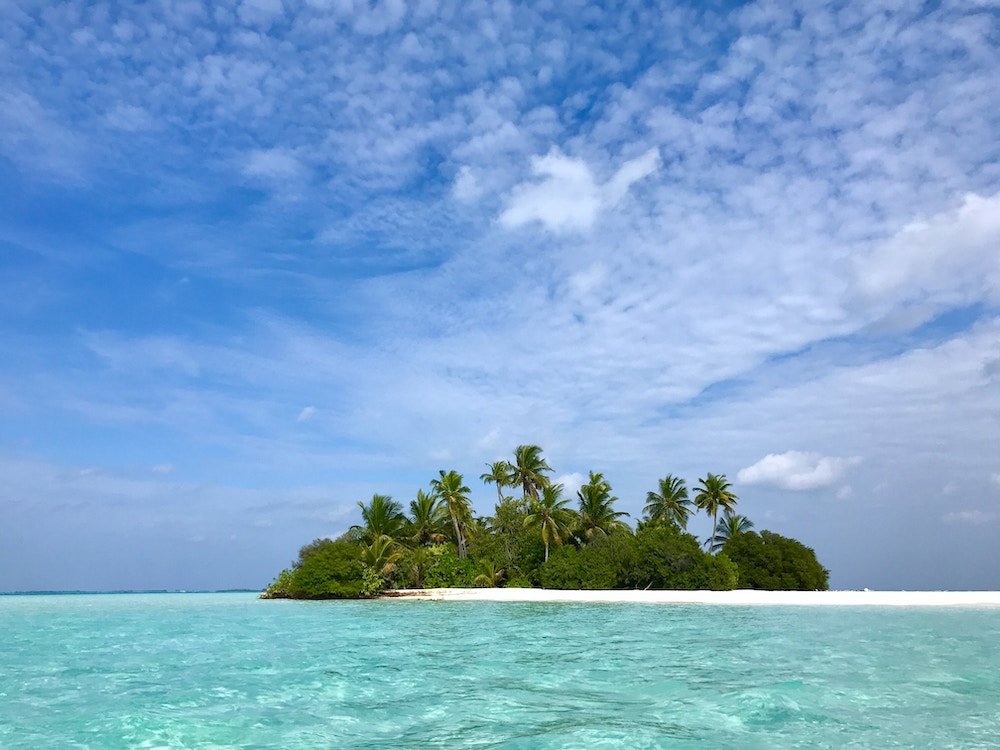
Find Your Paradise
Once you’ve decided on the logistics, you’ll want to do some research to identify the ideal location to fulfill your aspirations.
To uncover some fantastic options, search the Internet.
Many businesses focus on showing the islands that are up for sale as well as providing some of the details and factors that are crucial when looking to make such a significant and long-term investment.
At Isle Keys, we specialise in the buying, renting and selling of private islands around the world.
When you do come across some islands you like and wish to explore, make sure to get all the information you can.
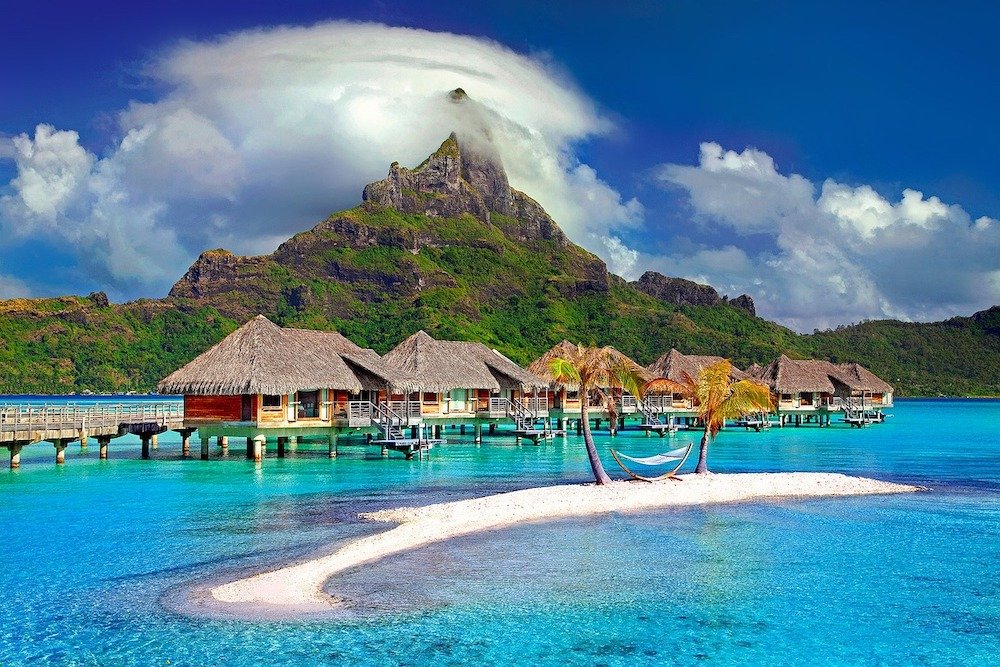
Set Your Budget
How much money are you willing to invest in this project?
Setting a budget in advance can help you determine how much money you have to invest in the island as well as how much you can spend on maintenance.
Because island property is difficult to value, many banks won’t finance it, so you might need to have cash on hand for both this purchase and any building and maintenance needs.
Keep in mind as you search around that buying an island comes with continuing expenses in addition to the initial investment.
Operating costs for modern luxuries like power, water, and other can be more on an island than on land.
Additionally, you may have to deal with varied real estate and investment rules depending on what region of the world the island you are considering is located in, so always be sure to research the facts and also to employ a lawyer to represent your best interests.
Among other things, you want to confirm that the title to the property is unambiguous and that no claims have been made against it.

What It Costs
How much does a private island cost?
The price range that you might anticipate can be rather wide.
The starting price is little under $30,000 for a small, extremely remote island in Nova Scotia, Canada.
Although this is the least expensive option, as your budget grows, you will have more options.
The majority of Canada’s uninhabited islands cost at least $100,000 in US currency.
Or you can find a tiny island in Maine with a liveable structure for roughly $200,000.
Islands in the South American region may be an excellent possibility if you are willing to invest more than $50,000, give or take.
A tiny island in Tahiti, Italy, the Philippines, or a variety of other locations can be purchased for one million dollars.
A hideaway off the coast of Curacao is yours for $2 million, while an island in Alaska is yours for $3 million.
And for a higher sum of money—up to around $16 million—you may acquire your own island in the Bahamas, the Caribbean, or another highly sought-after location.
You might be able to create a sizable resort that will cater to the rich and famous in some of the bigger and more accessible sites.
Remember that building on an undeveloped island can often cost 1.5–2 times as much as it would on the shore or further inland. This is important to keep in mind if you choose this option.
Of all, if you have the means to pay for such an opulent island, you probably have the means to cover the costs of construction.
Prefab homes are a workable solution to this problem if you have a smaller island that you wish to utilise for yourself and your nearest families and friends and your budget is indeed short.
This is a cost-effective way to make your island into a home for roughly $20,000 per structure.
How much does a private island cost?
The bottom line is that an island can cost as little as $30,000 or as much as $150 million depending on so many different factors.
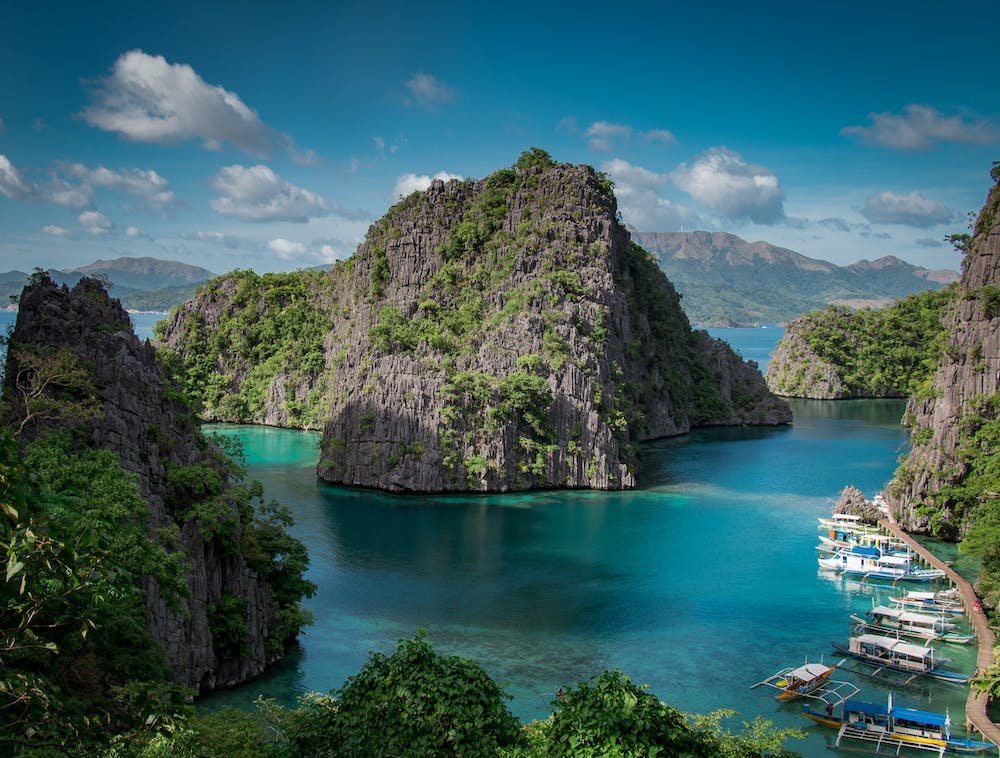
Financing Your Island Dream
Planning Your Budget
Embarking on the journey to own a private island necessitates a comprehensive understanding of the associated costs. Beyond the initial purchase price, budgeting for development expenses is critical. Costs may include building structures, installing utilities, and ensuring accessibility. Additionally, factor in ongoing operational expenses, such as staffing, maintenance, and utilities. Formulating a well-thought-out budget is the cornerstone of a successful island ownership experience.
Financing Challenges
While the allure of private island ownership is undeniable, securing traditional financing can be challenging. Many financial institutions are wary of funding such unique and specialized investments. Consequently, prospective buyers often find it necessary to have substantial cash reserves to cover the purchase and subsequent expenses. Exploring alternative financing options, such as private lenders or investment partnerships, can provide additional flexibility and support for turning your island dream into reality.

Navigating Legal and Environmental Considerations
Legal Due Diligence
The pursuit of island ownership requires meticulous legal due diligence. Different countries have diverse regulations governing land ownership, and understanding these is paramount. Engaging a local attorney well-versed in real estate law can provide invaluable insights into potential pitfalls and ensure a smooth and legally sound transaction. Verify property titles, review zoning laws, and assess any restrictions on development to safeguard your investment and avoid unforeseen legal challenges.
Environmental Impact and Sustainability
Owning a private island is not just about luxury; it comes with a responsibility to protect and preserve the natural environment. Before initiating any development, evaluate the potential environmental impact. Some locations may have stringent regulations in place to safeguard ecosystems. Balancing your development aspirations with sustainability practices ensures the long-term harmony between your vision for the island and its ecological integrity. Consider eco-friendly construction methods, waste management systems, and renewable energy sources to minimize your environmental footprint and create a sustainable island paradise.
These detailed insights into financial planning and legal and environmental considerations aim to provide a holistic understanding for prospective private island owners, allowing for informed decision-making throughout the acquisition process.
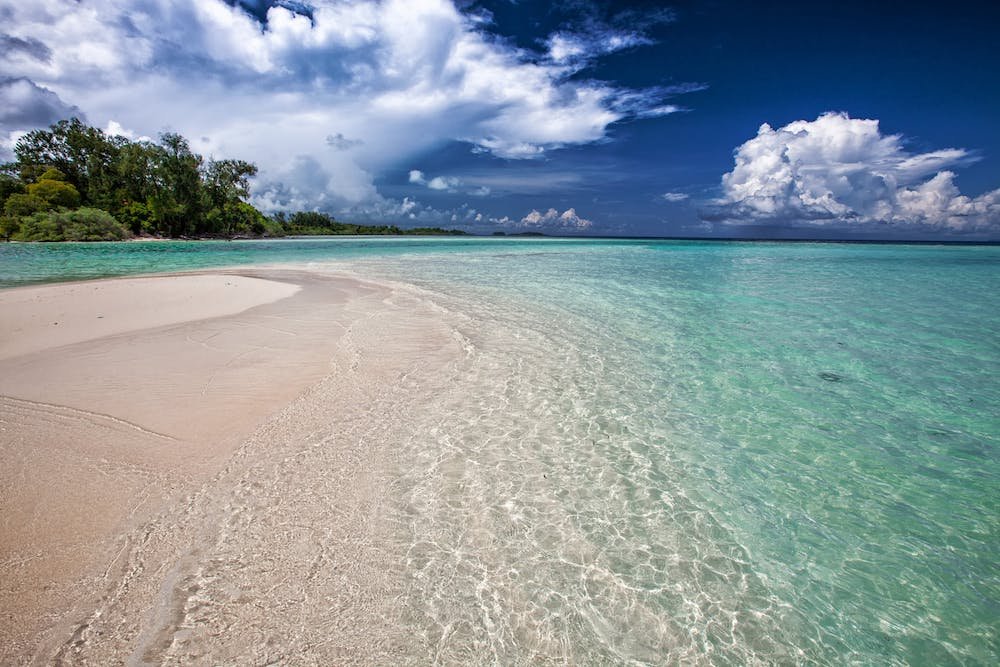
Beyond Ownership: Operational Challenges and Opportunities
Operational Considerations
Owning a private island extends beyond the initial purchase; it involves ongoing operational challenges. Consider factors like accessibility, especially if your island is remote. Transporting supplies, building materials, and even getting to and from the island regularly can present logistical challenges. Understanding these aspects is crucial for a seamless island experience.
Staffing and Maintenance
Maintaining a private island requires a dedicated team, especially if you have grand development plans. From caretakers and maintenance staff to skilled professionals for construction projects, assembling the right team ensures the smooth functioning of your island oasis. Factor in the costs of hiring and retaining personnel to guarantee the pristine condition of your property.
Revenue Opportunities
For those viewing their private island as an investment, exploring revenue opportunities is essential. Beyond the initial purchase, consider ways to generate income, such as renting the island for events, ecotourism, or even as a luxury resort destination. Understanding the local market and demand for unique experiences can turn your island into a profitable venture.
Future Planning
Anticipating future challenges and planning for long-term sustainability is key. Islands are subject to climate change, natural disasters, and evolving environmental conditions. Incorporating resilient and adaptive strategies in your development plans ensures that your private paradise remains resilient to unforeseen challenges, preserving its allure for generations to come.

Don’t Wait Too Long
If you want to own your own island someday soon, don’t wait too long or you might lose out on the opportunity.
Whatever you decide to spend and wherever you decide to spend it, just keep in mind that the choices will continue to diminish over the years, and as availability lessens, the costs continue to rise.
Real estate experts also point out that while a more remote island can be risky because you don’t know how much money you will need to spend on development and there may not be enough demand to make your money back on it, a large potential island that is close to the mainland is probably a good investment bet.
But if making money isn’t your priority and all you’re looking for is a getaway location, don’t be scared to fall in love with a small, off-the-grid piece of paradise.
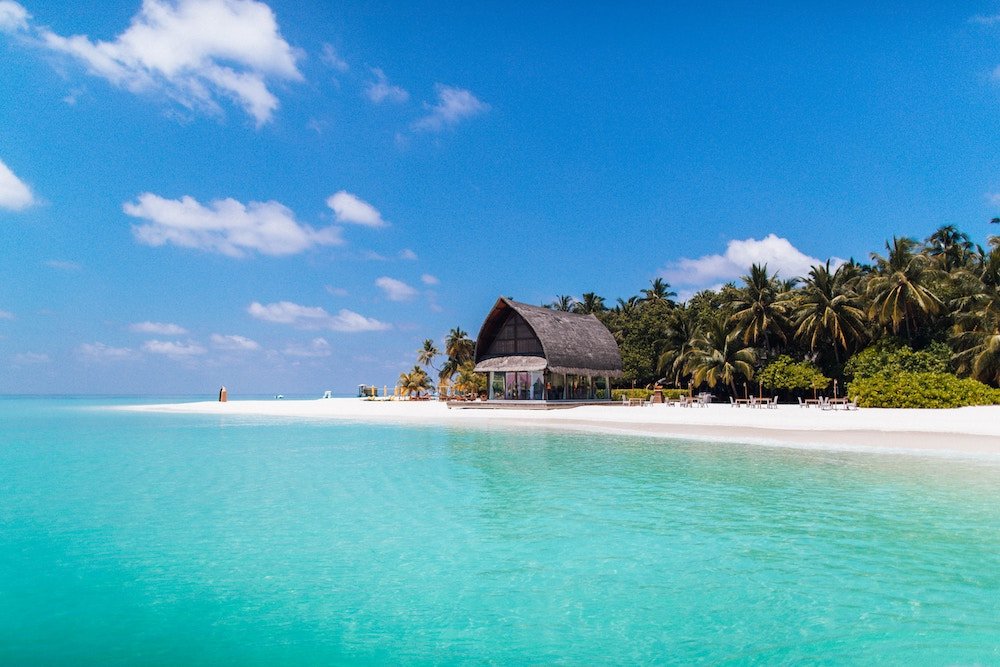
Try Before You Purchase
The fact is that this is a significant expenditure, regardless of whether you choose a small, affordable island or splurge on one in a highly coveted region.
As a result, you want to be certain that you choose the ideal location for you and your interests.
Renting an island and giving it a try before making a bigger commitment is one method to achieve this.
Some of the trustworthy island real estate agents can put you in touch with rental homes including Isle Keys, we offer numerous private islands for rent.
The costs can be comparable to a regular hotel stay. You should be able to tell after a few nights if island life and ownership are the correct fit for you at that point.
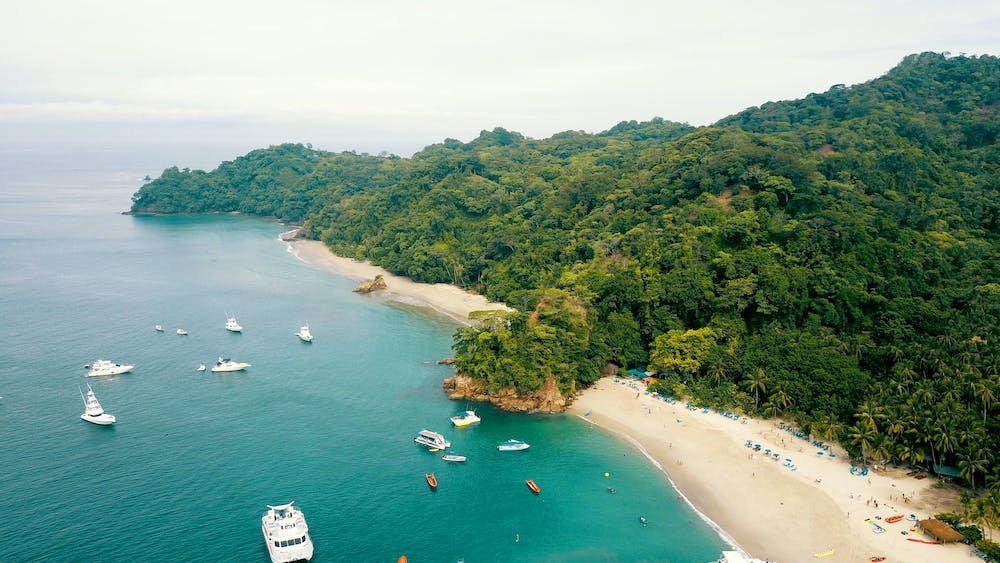
FAQ’s About How Much Does a Private Island Cost
How much does a private island cost?
Private island costs vary significantly based on factors like location, size, and amenities. Prices can range from a few hundred thousand dollars to tens of millions.
How much does the smallest private island cost?
The cost of the smallest private islands can be relatively lower, potentially starting at a few hundred thousand dollars. However, specific prices depend on factors such as location and features.
Can you buy a private island in Australia?
Yes, Australia offers private islands for sale. The availability and cost vary based on the region and specific features of the island.
Can I buy my own private island?
Yes, private islands are available for purchase worldwide. Your ability to buy one depends on your budget, preferences, and the legal regulations in the country where the island is located.
Who owns the most expensive private islands?
Ownership of the most expensive private islands is often attributed to billionaires and high-profile individuals. Details may vary, but some notable owners include business magnates and celebrities.
Can you do whatever you want on a private island?
While private islands offer a degree of privacy, activities are still subject to local laws and regulations. Environmental restrictions, building codes, and other legal considerations apply, even on private property.
Do billionaires own islands?
Yes, many billionaires own private islands. These islands serve as exclusive retreats, offering privacy and luxury. However, ownership also comes with responsibilities and adherence to legal requirements.





